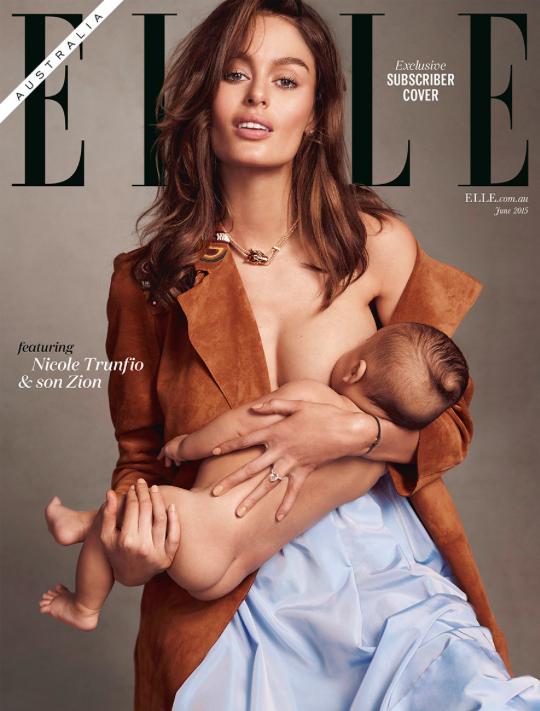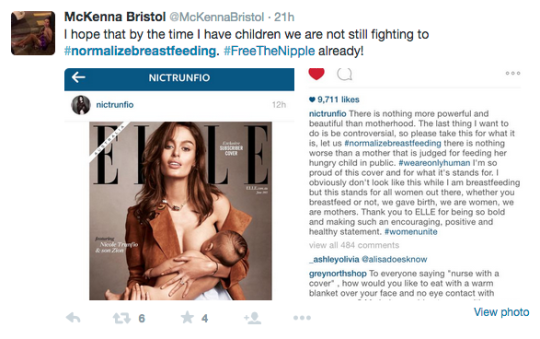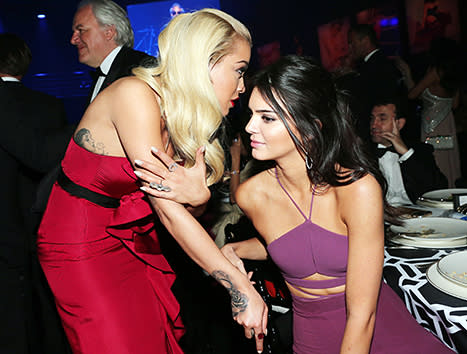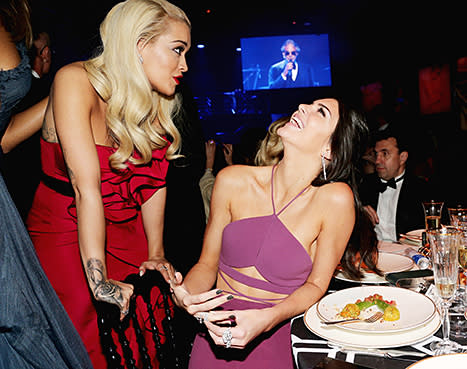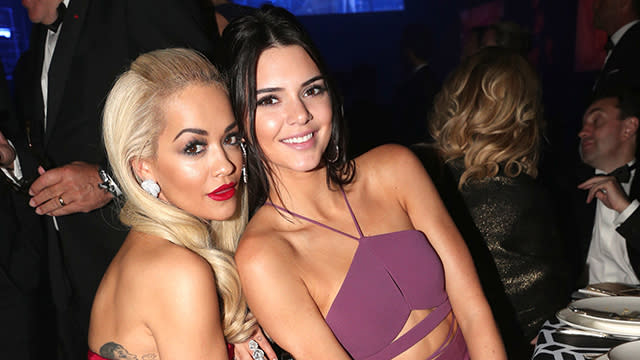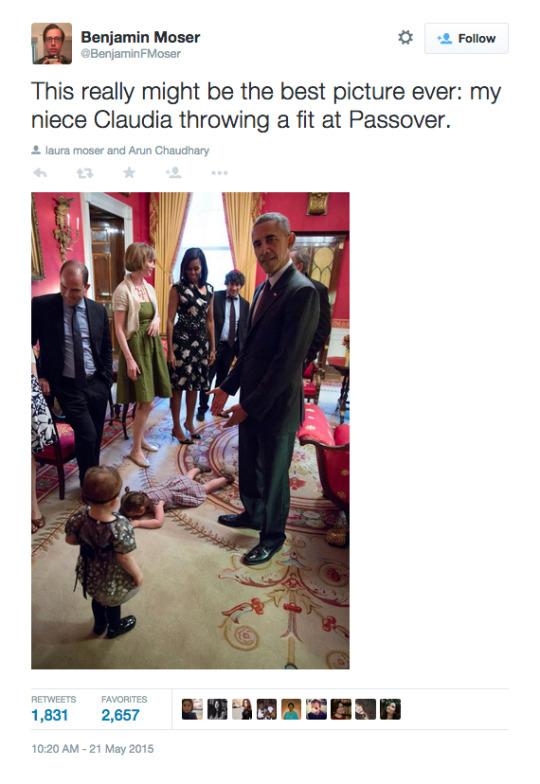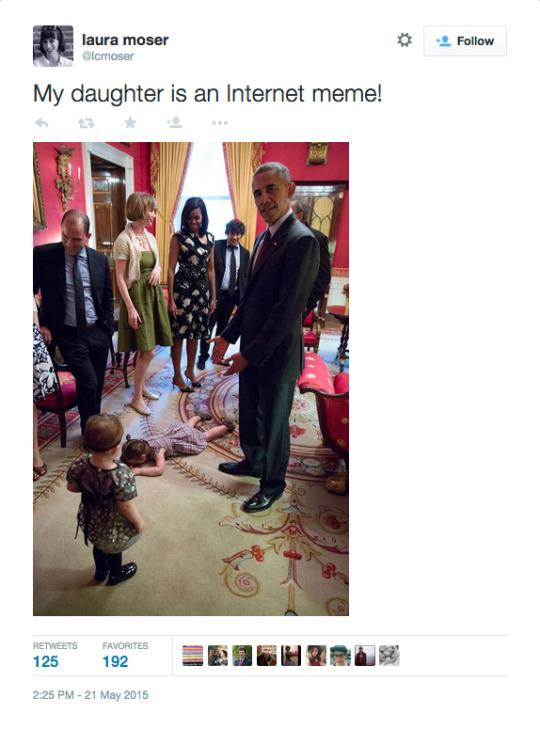Anna Kendrick knows that she is small. She knows that she can be cheap, and that she can seem a bit distant, and that she possesses an uneasy relationship with the retail elements of her job as a movie star—the charm thing, the confidence thing, the Woman We Love thing. She knows these things, these supposed deficiencies, and she speaks about them dryly, ironically, without much charge. "I'm probably, at most, likable," she says. Then, without fingering air quotes or making a bubbly suggestion, she instantly, effortlessly, creates a slant, an angle for what follows. This. She titles the afternoon spent with her "A Woman We Love but Whom We've Got Some Issues With."
She means her.
"Woman We Like a Lot," I suggest.
"Yes!" she says. "But Who's Got Some Work to Do on Herself."
It's nothing-doing time in Hollywood, 3:30 on a Saturday, and Kendrick lays claim to the calmness of the afternoon, to the cup of tea in front of her in a half-filled coffee shop. She jokes. She refuses any invitation to take herself seriously. She'll bust her own chops, thank you, and she'll be the first to point out when and how she thinks she comes up short. She is funny, as followers of @AnnaKendrick47 know, and she likes to have fun. (She once predicted her last words will be "Hold my beer.") At twenty-nine, in the shank of a career working opposite the Clooneys and Streeps of her profession and with a movie out this month (Pitch Perfect 2) and a few more throughout the year, Kendrick is starting to feel at home. She looks collected, tame even. Kind of a librarian thing. Even as a kid in Portland, Maine, she never really got into trouble. And she wears this hint of a grin when she says it that makes me say C'mon. Then she qualifies.
"Okay. I think I'm trouble-adjacent," she says. "I remember hearing once that good girls don't get caught. I think that's sort of a lot of what my teen years were like. I skirted the stuff that other kids were doing because the idea of actually getting in trouble was not appealing to me, but I still wanted to have adventures." Like what? "When I was a kid, my best friend and I broke into an abandoned house. We took flashlights and jimmied a window open, but it was empty. There wasn't that much to do."
"So you're like a B&E man?" I say.
She raises her eyebrow and looks sideways, toward the blinds. There's more: "A while ago, I broke into a building in my neighborhood that was under construction. There's nothing in there, so you can't really do anything, and it's not like I'm an asshole and I'm gonna graffiti it or something." It seems like she's thinking about something else, something she read about herself when she tells the story, and a full smile creeps up on her. "It was me and a couple of guy friends. They must have lifted me up into a window or something, because I honestly don't remember how I got in there." Then one more thought given to adventure: "There might have been a tree involved," she says.

Andrew Eccles
Although it's possible that nearly anyone could lift her, Kendrick doesn't give off "small" first thing, especially when she's sitting across from you in a booth in a coffee shop. She takes up the space, like a nighthawk with a cup of tea or a girl unafraid to order a club sandwich. Whether it's her voice or her all-business gaze, she doesn't immediately translate as diminutive, though at five feet two, she surely is.
"I was angsty about my height when I was younger," she says. "But I love it now. Why wouldn't you want to be a little compact being?" A lemon is delivered for the tea. "I also think . . ." She corrects herself. "I used to think that guys preferred tall women. But plenty of them like short girls." She shrugs her shoulders in a sort of Green Eggs and Ham moment. "Tall girls, short girls." She reaches into her cup and delicately removes the tea bag. "Just any girls, you know?"
There are upsides to her size. "I have the advantage of being pretty small, so if I'm flying myself, I'm flying coach. To save the money. I just put in my headphones and it's no big thing. I keep my head down, wear a hoodie or a hat—but sometimes not even that. I'm small. People miss me."
No business class on her own dime, much less NetJets and the like. "I've flown private, like, twice, and it was always with somebody. Like when we were [working on] Up in the Air"—the 2009 film for which she was nominated for an Oscar—"it was with Clooney. And even then, the plane was for him. It wasn't like Paramount said, 'We need to send Anna on a private jet.' But when Clooney asked, 'Oh, do you want to come on the plane?' I was game."
She wants people to feel her. Her voice in particular. "I've always had volume on my side," she says. "The big-voice-in-a-small-package thing. I surprise people. I just finished this movie with Ben Affleck, a big guy, and when you listen to the playback of a scene with the two of us and it's his turn to speak, often you can't hear anything. Nothing. Then, like a knife, you hear my voice, and I'm thinking, Oh my God, of the two of us, how can Affleck be the soft-spoken one? How can I sound so shrill?"
She's wrong about that. She is clear. And she knows exactly how to circle a conversation, how to toy around with the charm of it while waiting out a refill from the waitress. She's hard on herself, but not in any confessional way—only for laughs. Her own. She doesn't bullshit you, even while bullshitting, and as the conversation picks up steam, she starts to assume a bring-it-on confidence, an eagerness to be tested. Pitch Perfect, the mostly self-aware, mostly all-girl competitive-a-capella-singing comedy, directly calls to mind Bring It On, the mostly self-aware, mostly girl-power-driven competitive-cheerleading story from fifteen years ago. Cult favorites both, the kind of movies a man might not like to admit loving. But the fact is that Pitch Perfect is a relentlessly, hypnotically watchable movie, if only in the movement from one Kendrick performance to the next—from her singing-in-the-shower audition to the final showdown in some championship somewhere.
It's all her, this singing, and she likes the girl-on-girl competitive edge depicted in the film. She got another taste of it while shooting The Last Five Years, a movie musical that came out earlier this year. "The director has this cool daughter in her early twenties who loves musical theater. He told me that she was listening to a certain riff that I did in one of the songs, and, under her breath, she went, like, 'Stupid bitch.' He told me about it, and I was like, 'All right! Nailed it!' It was the highest compliment she could give me," she says. "She was saying she felt it."
I then tell Kendrick what the mostly self-aware college freshman who lives in my house has called Kendrick ever since seeing Pitch Perfect: "Bitch Perfect."
Kendrick loves it.
"That is dope," she says. She pulls out her phone and taps out some note to herself. "I wish they could use that," she says. "Like, you know how they always try to come up with taglines for the movie poster or the cover on the magazine and stuff? I wish they could use that. Bitch Perfect. That is so dope."
She asks if she can tweet it when the time comes. It's fine, of course. She will, too. Anna Kendrick will stick by what is truly dope, whether we like it or not. She points to the recorder on the table. "We don't have to fill the whole thing," she says. "If I've charmed you with that, we should stop now. It's only downhill from here."
Nah. She's fun to talk to, the sun is still shining in Hollywood, so she is told: It's going great. She's going great. She couldn't be better.
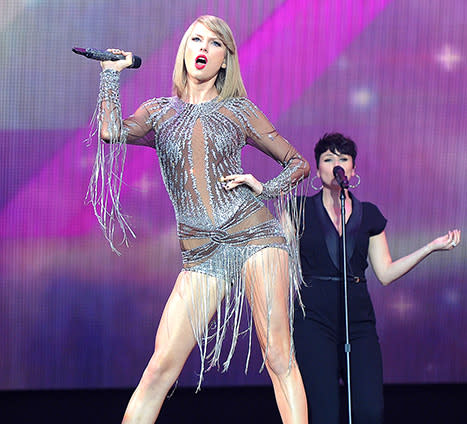
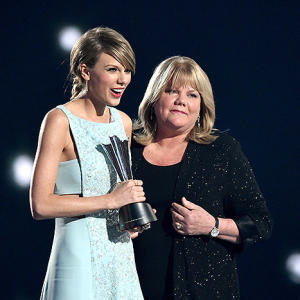

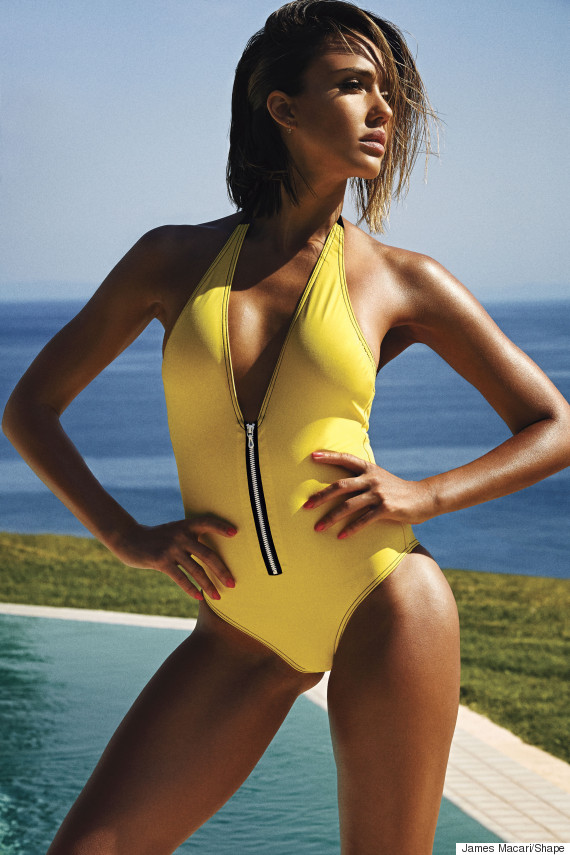
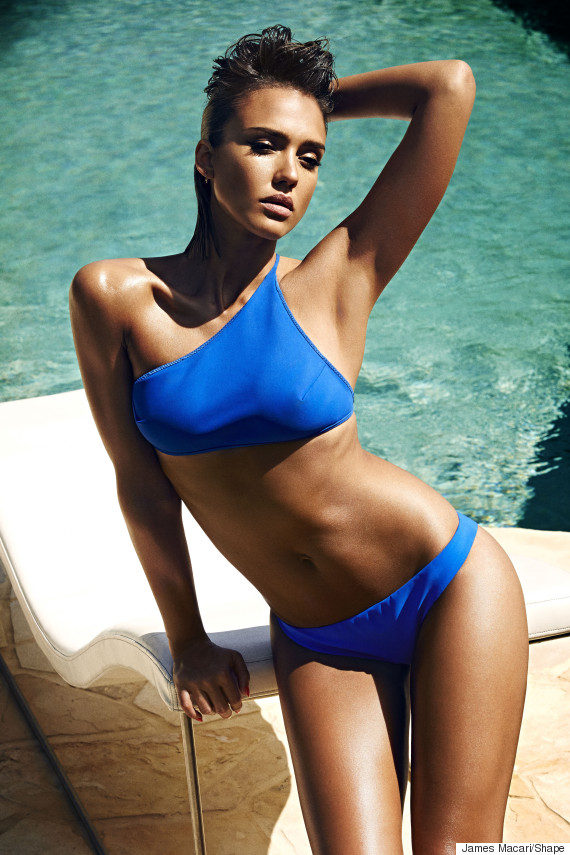










![[11:13] U.S. model Kendall Jenner, U.S. model Gigi Hadid, Peruvian photographer Mario Testino, British model Jourdan Dunn and U.S. model Karlie Kloss (L to R) conduct an auction during the amfAR's Cinema Against AIDS 2015](http://s1.ibtimes.com/sites/www.ibtimes.com/files/styles/v2_article_large/public/2015/05/22/1113-us-model-kendall-jenner-us-model-gigi-hadid-peruvian-photographer-mario-testino.jpg?itok=fWHI26xh)
